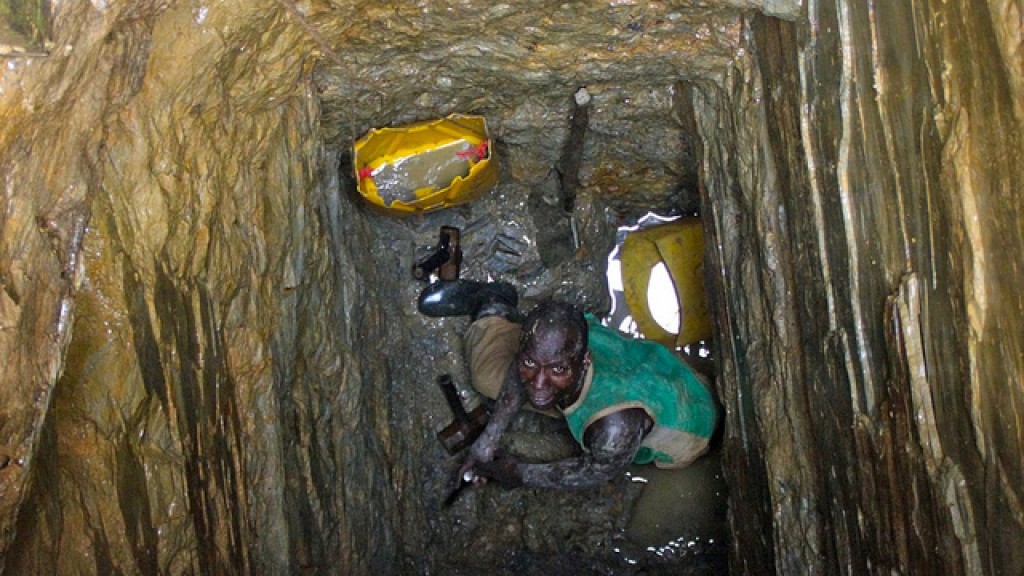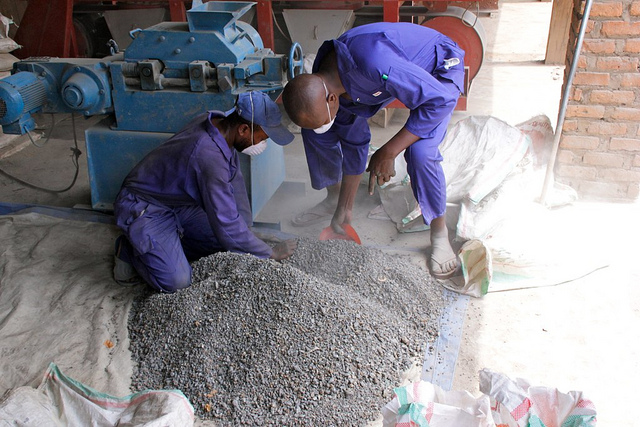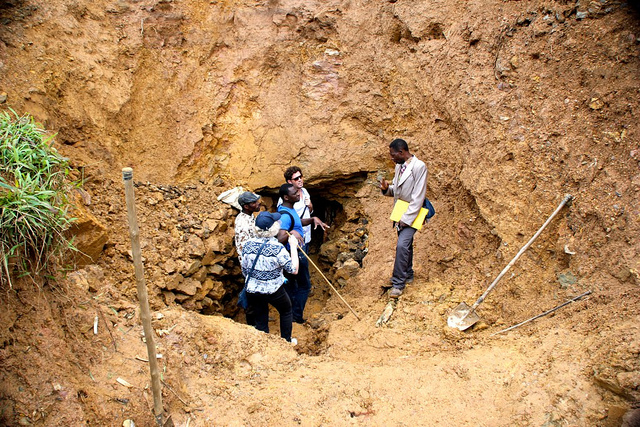Resources - Blog
Fairphone: Designing a fairer smartphone

Miquel Ballester believes in the power of making the right products to bring positive impact to the world. He is responsible for product strategy at FairPhone, a social enterprise that is putting ethics first in their journey to creating a fair smartphone.
It was during a very inspiring conversation over coffee that we (Bas and myself) got to know Nat Hunter, co-Director of design at the RSA, and one of the brains behind “The Great Recovery” project. It was just prior to it’s launch and it was an inspiration to us that two organisations like the RSA and the Technology Strategy Board (TSB) had joined forces and networks to really make it happen. For us at FairPhone The Great Recovery is a compelling example of how to bring together stakeholders as diverse as designers, producers, consumers and business investors together on the basis of shared responsibility.
At FairPhone we are taking a similar approach in realising our vision of creating technology that really matters. By making a FairPhone, we are creating a fairer supply chain, improving working conditions for miners and manufacturers, addressing the issue of minerals mined in conflict zones, countering e-waste, and stimulating transparent and circular business models and, most importantly, creating a platform from which we pull together ideas and re-think the way we design our economies.
We believe that the best way to create our ethical smartphone and start a movement for systemic change, is to open up the systems and bring together all the stakeholders. The platform created by making the FairPhone will offer companies an in-road into sharing best practices as well as raise awareness about individual and collective responsibility. Using a single tangible product. I’d like to take this opportunity to shed some light on how we as a social enterprise are dealing with some of the challenges of producing our fair smartphone.
First, obviously, is the ‘minor issue’ of money. To develop a mobile phone from scratch, or better said, from ready components , the initial investment is roughly a million pounds. For a start-up, this could be seen as an overwhelming obstacle, one that could prevent us from even trying. But what we thought was a niche market of aware consumers, is in fact a bunch of enthusiastic people and companies who are willing to invest in our phone because it offers them a means to take action and make a statement for what they believe in. We are no where near a million pound investment and so our first phone will focus on ethical interventions, rather than develop new technology, but over 5,500 people have already signed up for a phone on our website and come May, another 5,000 will be able to buy one.
And speaking of production, our second challenge involves production models. It’s taken the world decades to build the current economic model we have and it would be naive to think that we can change it overnight. When it comes to our vision, we can be bold and embark on a journey and put social values before profit and growth. But when it comes to producing a mobile phone, there is a undeniable practical matter, which is that we need to operate within existing production chains. Our mission is to change the conditions around these production chains, to do that we need to open up and understand systems and pull together the creative initiatives that are already out there (eg. the Great Recovery’s platform around reuse, recycle) and apply them to the whole chain.
This brings me to the third challenge, our human condition. I have often heard said that we humans strive to be ‘better-off’. My view here is that we confuse ‘better-off’ with ‘more’. More in terms of stuff, rather than more in terms of how many people can benefit from what you do. Slowly, people are realising that our planet’s resources are limited, but also that ‘slimmer and faster’ are not necessarily the only improvement a phone manufacturer can make to its product. I feel that FairPhone’s proposition is powerful, it is ‘an idea whose time has come[1]’. But FairPhone itself isn’t the movement, it is just riding the wave of change. Change that is becoming ever more apparent as projects like ‘The Great Recovery’ gain momentum.
As an social enterprise and a platform, FairPhone needs you, so if you know any relevant good practices that we could implement in creating and designing a fairer smartphone, please feel free to contact us.
[1] Full Quote: Victor Hugo “Nothing is as powerful than an idea whose time has come.”







